
Community groups submit recommendations to the New Jersey Department of Environmental Protection on the combined sewer overflow Long Term Control Plans.
TRENTON, 2021 – The Sewage-Free Streets and Rivers campaign, a coalition of community organizations from towns with combined sewer systems, is advocating for the Long Term Control Plans developed by municipal and utility permit holders to include equitable solutions to combined sewer overflows (CSOs). Twenty-four municipal and utility permit holders submitted combined sewer overflow Long Term Control Plans to the New Jersey Department of Environmental Protection (NJDEP) on October 1, 2020, kicking off a four-month comment period during which many community groups, environmental organizations, and other stakeholders weighed in on the plans, including the Sewage-Free Streets and Rivers campaign and its partners.
“These plans represent billions of public infrastructure dollars,” said Nicole Miller, principal, MnM Consulting and co-chair, NewarkDIG. “Our residents and business owners deserve the maximum benefit from each dollar spent. We hope NJDEP will take our concerns into consideration when preparing responses to the permit holders.”
“We are hopeful that the NJDEP’s commitment to environmental justice will be reflected in their review of these plans and that the final Long Term Control Plans will promote equity in affordability and in the implementation of solutions to sewage overflows,” said Mo Kinberg, New Jersey Future community outreach manager.
“The Clean Water Act is intended to ensure that our nation’s waters no matter where you live, color of your skin, or economic situation are free of sewage and toxins with the ultimate goal of zero pollution discharge over time,” stated Amy Goldsmith, NJ state director, Clean Water Action. “Approving, funding, and enforcing the best Long Term Control Plans possible is key to ensuring water justice for all.”
The plans detail large wastewater infrastructure projects that will impact communities for decades and will be paid for primarily by taxpayers. Comments by the coalition focus on water quality, environmental justice, green infrastructure, public participation and climate change. “We are elated to see these plans move forward after over five years of community input and discussion,” stated Drew Curtis, Ironbound Community Corporation. “We want to see these plans address many of the issues facing environmental justice communities like Newark, such as abating stormwater flooding and increased green infrastructure. And, we want to see the plans paid for in an equitable manner. Newark, as the host community for PVSC, already bears the brunt of the negative impacts from the plant; other, more affluent communities within the PVSC service area should pick up more of the financial costs of these plans.”
“There has been an enormous effort by the CSO permit holders and NJDEP over the last five years to get us to this critical point of addressing CSOs through the adoption of the Long Term Control Plans,” stated Rosana Da Silva, New York-New Jersey Harbor & Estuary Program and technical advisory board member to the campaign. “These plans specifically focus on the reduction of CSOs. Implementation will improve water quality in the Estuary. But this process is also an opportunity for stakeholders, including ratepayers and local government officials, to envision the future of their communities and how they can best benefit from cleaner waterways.”
The coalition is asking the NJDEP and permit holders for innovative solutions that put the health and wellbeing of the residents of these communities first. “It is time to address the impacts of CSOs with a sense of urgency,” stated Greg Remaud, NY/NJ Baykeeper. “Our urban communities have suffered the public health and environmental insult of raw sewage flowing freely into their streets and waterways after it rains for far too long. This will require the leadership and cooperation on the local, state and federal level that has yet to emerge.”
What more local advocates are saying:
“As a resident of the South Ward of Newark and an environmental justice organizer, it is extremely important that residents have meaningful participation in the Long Term Control Plans and their voices are heard in their communities’ plan,” stated Kim Gaddy, director, South Ward Environmental Alliance.
“We see what happens during a ‘normal’ rainfall event in Camden: raw sewage floods the streets and residential homes. Residents should be the first priority. We must develop an equitable public outreach and engagement plan to ensure ALL residents have a voice and are heard.“—Shaniqua Biles, Sewage-Free Streets and Rivers Advisory Board member and Camden resident.
“Bayonne’s Long Term Control Plan is inherently inequitable in its financing, lacking in public input and nearly devoid of green infrastructure. Bayonne inexplicably failed to consider more equitable means of funding for this project, resulting in an unconscionable economic plan that will exacerbate income inequality and reward polluters.”—Jill Pustorino, Morris Park Neighborhood Association
“I find it very disturbing to have to wait until 2040 to address some of the worst flooding in Paterson. The flooding that is coming into our homes and cars has raw sewage in it, which creates health issues.”—Martha Arencibia, Paterson Green Team Chair
“There is an urgent opportunity for Jersey City to reduce costs of its Long Term Control Plan by investing in green infrastructure,” stated Debra Italiano, founder, Sustainable Jersey City. “Grey infrastructure costs could be brought down by prioritizing green infrastructure first. The City of Jersey City indicated it would consider participation in a Regional Plan if ‘adaptive remedies’ were available in the agreement, like a green infrastructure first strategy—municipal alignment around this focus is needed.”
# # #
Sewage-Free Streets and Rivers is an action-oriented campaign that empowers community organizations to engage residents and small business owners to shape their communities’ solutions to reduce localized flooding and the raw sewage dumped into rivers and streams due to combined sewer overflows (CSOs). These solutions were submitted to the New Jersey Department of Environmental Protection (NJDEP) on October 1, 2020, and will be adopted in the next CSO permit.
For more information on the campaign and our partners visit SewageFreeNJ.org


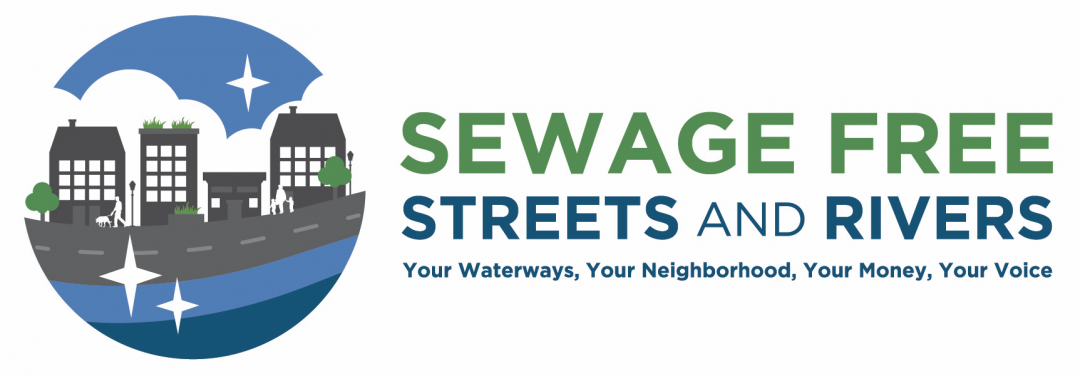

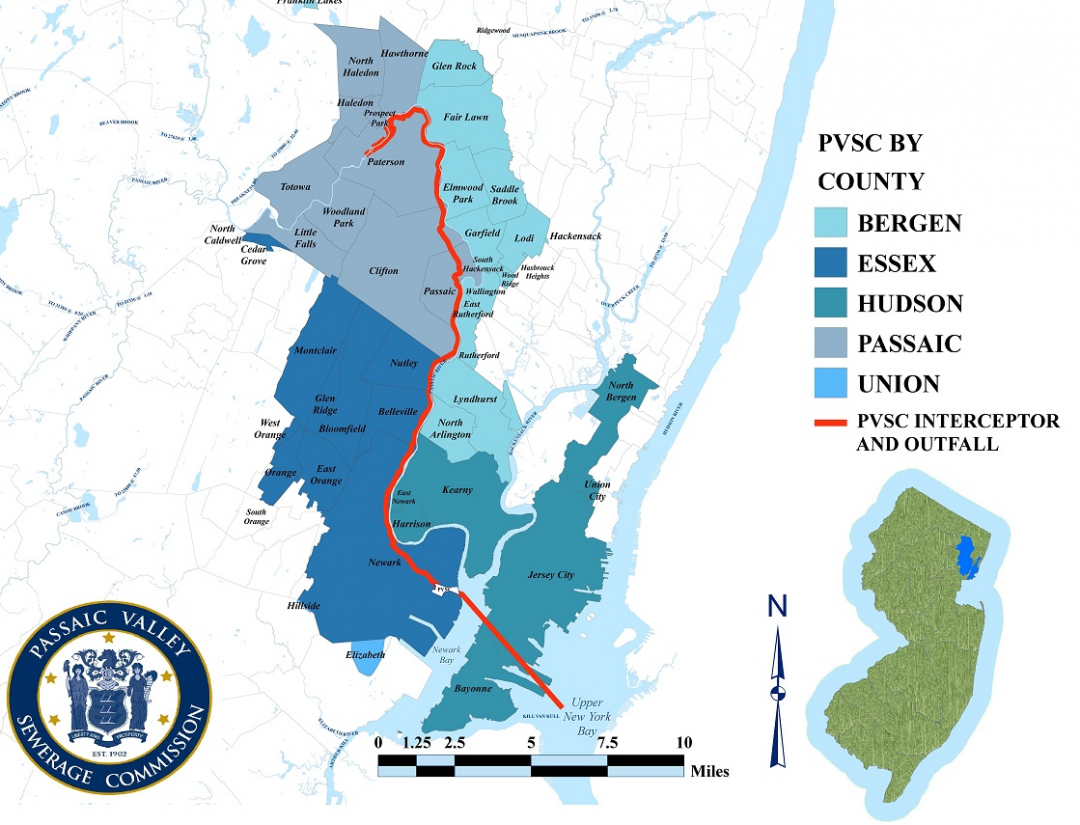
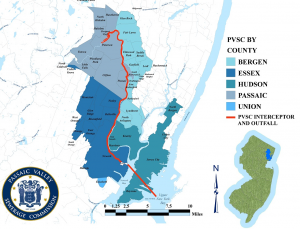 The PVSC is one of the largest sewer treatment plants in the country and serves 48 municipalities, eight of which have combined sewer systems. To meet requirements to reduce sewage overflows, PVSC and the eight communities with combined sewer systems submitted a regional combined sewer overflow (CSO) Long Term Control Plan (LTCP) to the New Jersey Department of Environmental Protection (NJDEP). The plan, which is currently under review by the NJDEP, proposes upgrades to the municipal sewer systems, as well as regional upgrades that will increase the capacity of the treatment plant. PVSC and the eight CSO municipal permit holders are engaged in ongoing negotiations regarding how the costs of a regional plan will be shared.
The PVSC is one of the largest sewer treatment plants in the country and serves 48 municipalities, eight of which have combined sewer systems. To meet requirements to reduce sewage overflows, PVSC and the eight communities with combined sewer systems submitted a regional combined sewer overflow (CSO) Long Term Control Plan (LTCP) to the New Jersey Department of Environmental Protection (NJDEP). The plan, which is currently under review by the NJDEP, proposes upgrades to the municipal sewer systems, as well as regional upgrades that will increase the capacity of the treatment plant. PVSC and the eight CSO municipal permit holders are engaged in ongoing negotiations regarding how the costs of a regional plan will be shared.


 Multi-billion dollar plans to stop sewage overflows have been submitted to the New Jersey Department of Environmental Protection (NJDEP), and communities and stakeholders have reviewed the plans and have sent in
Multi-billion dollar plans to stop sewage overflows have been submitted to the New Jersey Department of Environmental Protection (NJDEP), and communities and stakeholders have reviewed the plans and have sent in
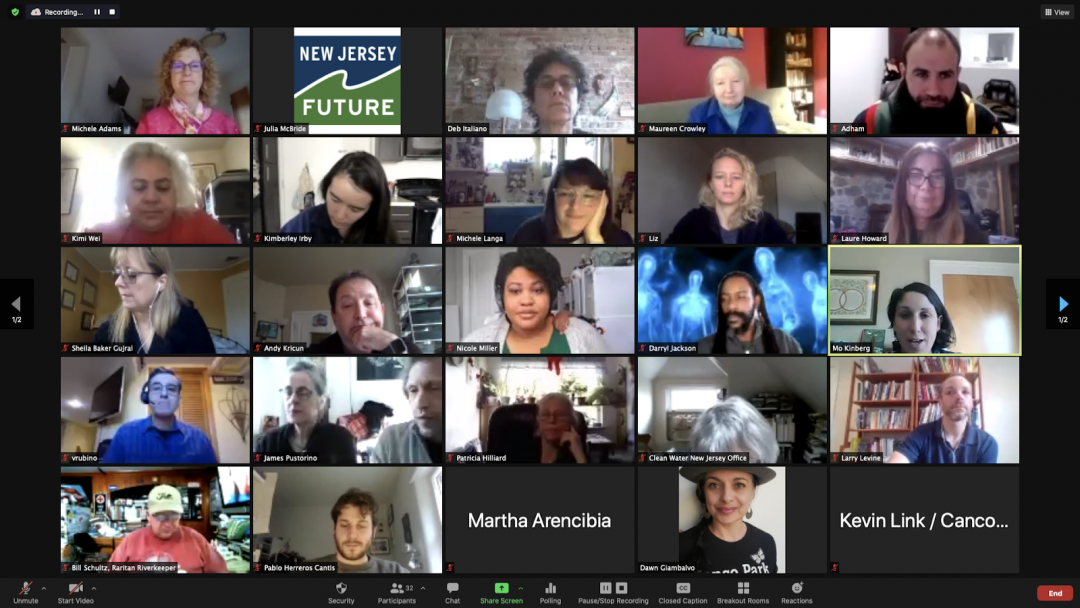


 Overall, we found that the LTCPs are designed to meet existing water quality standards but do not consider future water quality standards. The reports do not address the level of water quality the local community wants to attain, nor do they address improving access to our waterfronts.
Overall, we found that the LTCPs are designed to meet existing water quality standards but do not consider future water quality standards. The reports do not address the level of water quality the local community wants to attain, nor do they address improving access to our waterfronts.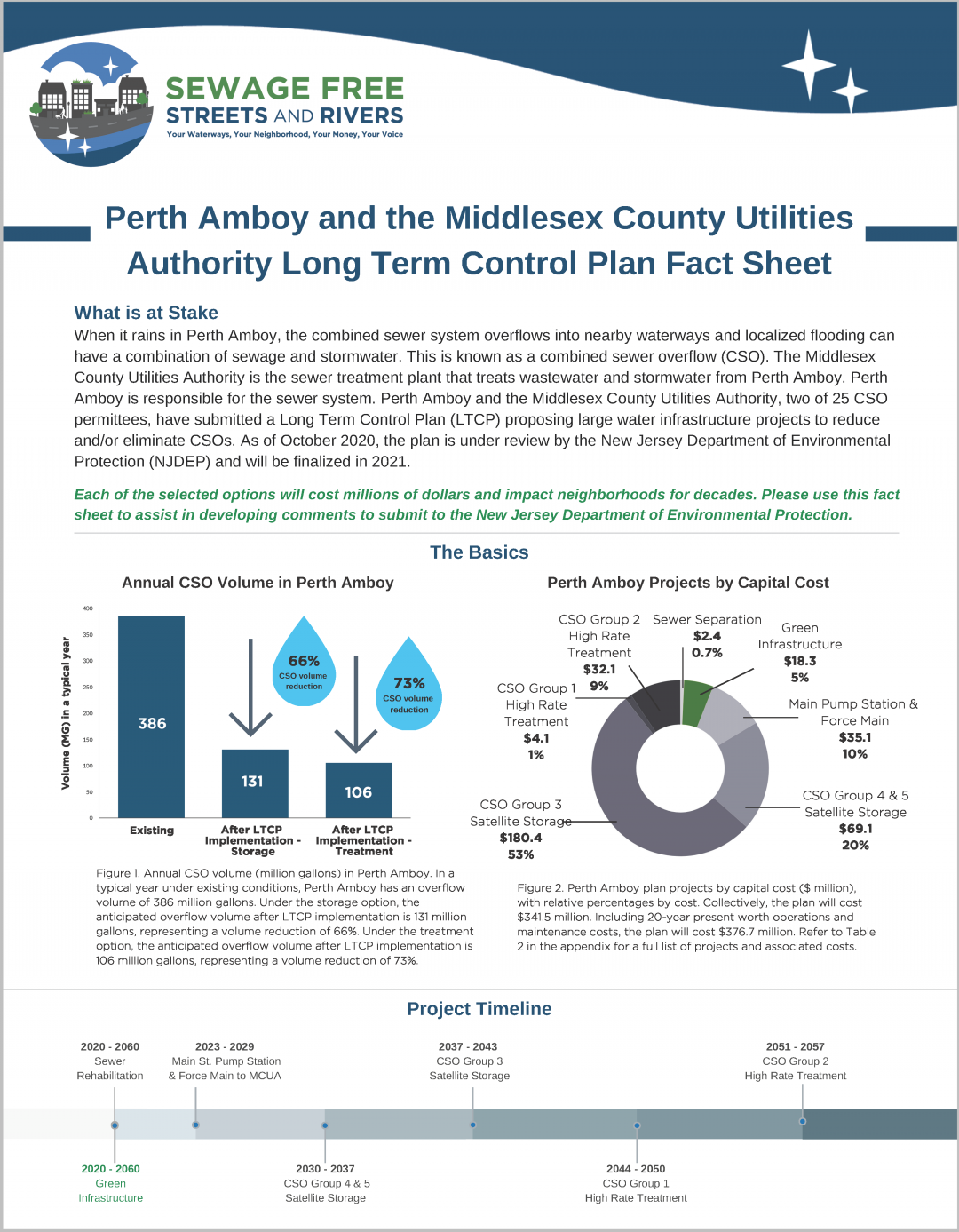
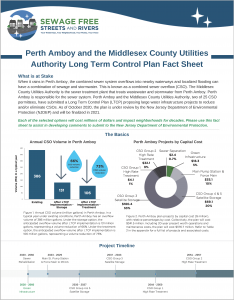 Communities in New Jersey with combined sewer systems have submitted their plans to reduce combined sewer overflows into local waterways. The implementation of these plans could cost between $2.5 billion and $3.8 billion, and the proposed timeframes for implementation span 20 to 40 years. Facts like these can be found in the Long Term Control Plans but you need to know where to find them.
Communities in New Jersey with combined sewer systems have submitted their plans to reduce combined sewer overflows into local waterways. The implementation of these plans could cost between $2.5 billion and $3.8 billion, and the proposed timeframes for implementation span 20 to 40 years. Facts like these can be found in the Long Term Control Plans but you need to know where to find them.